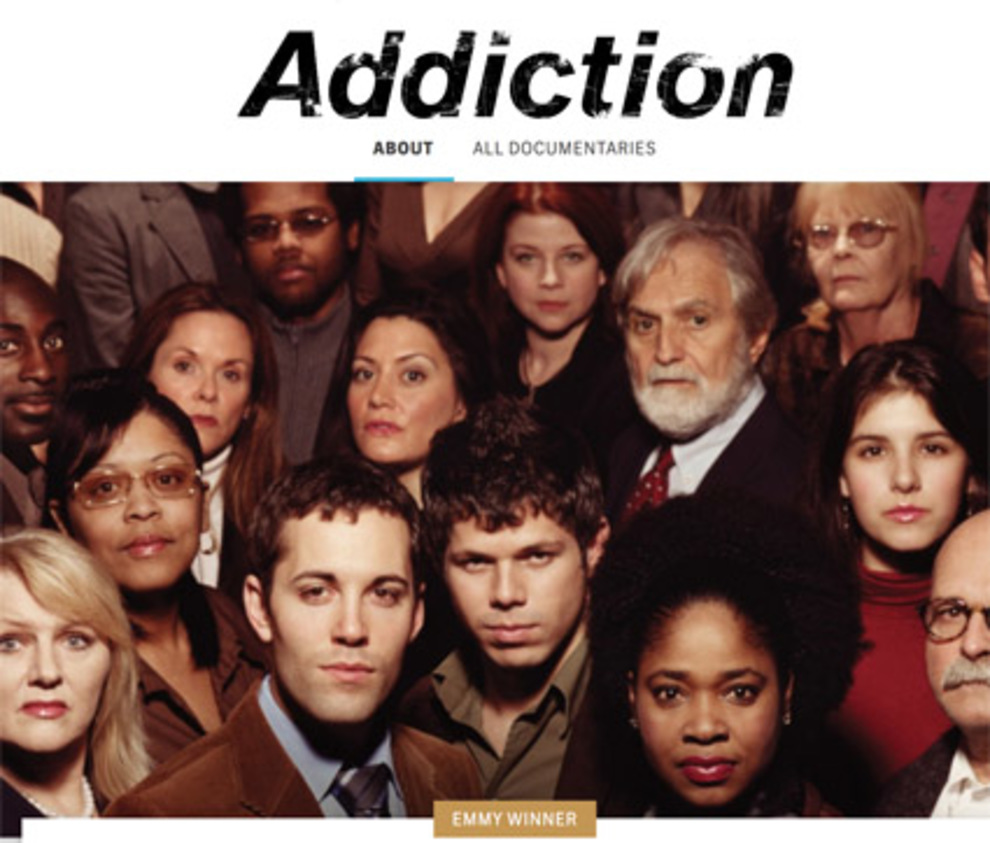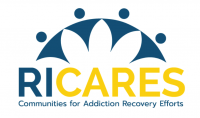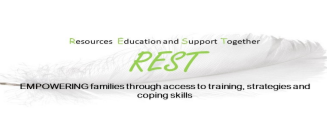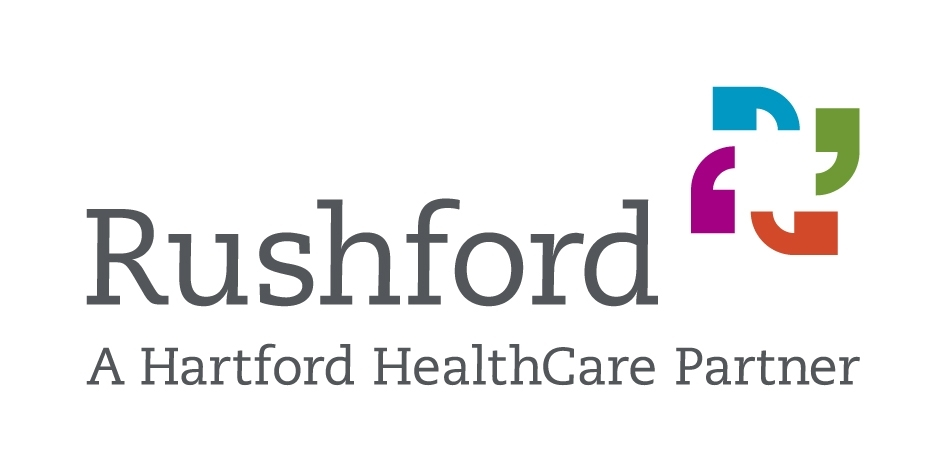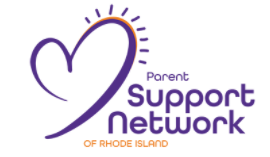She Self-Medicates for Social Anxiety and Refuses Treatment

An Allies in Recovery member is very worried about her daughter who is crippled by severe general and social anxiety. She’s been self-medicating for 4 years with alcohol and pot. She has retreated from life, society, responsibilities, and her family feels lost and afraid.

“We have a daughter who has severe general and social anxiety. She has been using marijuana and alcohol for four years now so that she can be “normal” with her friends. But, the anxiety is so bad that she doesn’t work and doesn’t go to college. She has started to realize that the world around her is changing, her friends are moving on and she doesn’t know how to deal with it. She lives with us and we have learned to accept that we can’t change her but we do try to lovingly tell her that she needs to recognize that the pot and alcohol are making matters worse. We try to encourage her to get help, but the problem is that she is therapy resistant. She can’t/won’t talk to anyone about what’s going on in her head. She says that she doesn’t know how to tell them and that nobody is listening to her.
Her car was her one connection to her social life. Months ago we told her that it needed service work and that if she didn’t take care of it soon that it would at some point stop working. Well, that day has arrived and she is despondent. She would not even go with me to get it towed to a shop. She has no coping skills to handle anything difficult so she turns to pot and alcohol to numb the feelings.
She earns money by selling pot and some other way that we aren’t privy to the details, but I’m guessing that it’s not something that we would support because she will not tell us about it. I can tell that money goes into her bank account, but it’s not regular. Any money that goes in ends up going right out to drugs and alcohol. We tried to encourage her to save some of that money, put it aside to pay for the car. She could not even save up $100 to pay for car repairs. It’s as though she is afraid to not have enough to pay for the things that keep her happy. She puts on a happy, brave face for the friends and then tortures herself at home when she is alone with her thoughts.
So, I’m writing because we are scared that she is so desperate and so beyond lost that she doesn’t know where to start. But, she doesn’t want to talk to anyone who can offer her help. She tried a therapist yesterday and lasted only 7 minutes on the phone because she didn’t like the questions he asked, she told him that she didn’t know what was wrong with her and he said that she has “no coping skills”. That didn’t help her already stressful situation.
We know that she needs help, but she will not respond to gentle suggestions, threats or interventions. Every time someone tries to break through she takes it as a personal affront and reels back and lashes out. We just don’t know what to do or where to go from here. Any insight would be so much appreciated. We are lost and feeling so helpless.”
The vicious cycle of anxiety
What is excruciating about anxiety is the more it stops you from doing things, the greater the number of things that stop you, until even the smallest minutia of daily life become insurmountable, panic-producing challenges.
Your daughter is seeing her friends go out into the world while she stays behind. Her social anxiety makes it impossible to handle school or working, though jobs exist that demand little social interaction and online college has become a viable option, especially with the pandemic. Your daughter “copes” with her anxiety by smoking cannabis and drinking and hiding out in your family home.
Social Anxiety Disorder: it’s more than shyness!
For those who may not know, SAD (for once an acronym that lines up), Social Anxiety Disorder, is more common among those who drink or use drugs. In one study of people with SAD, 20% were also struggling with alcohol. The same researchers found that 15% of people in treatment for an alcohol disorder also met the criteria for SAD (https://pubs.niaaa.nih.gov/publications/arh26-2/130-135.htm)[1].
Here are the criteria from the 2004 diagnostic manual commonly referred to as the DSM, put out by the American Psychiatric Association[2].
DIAGNOSTIC CRITERIA FOR SOCIAL PHOBIA
Social phobia* is diagnosed if the person meets all of the following criteria:
A. A marked and persistent fear of one or more social or performance situations in which the person is exposed to unfamiliar people or to possible scrutiny by others. The individual fears that he or she will act in a way (or show anxiety symptoms) that will be humiliating or embarrassing.
B. Exposure to the feared social situation almost invariably provokes anxiety, which may take the form of a situationally bound or situationally predisposed panic attack.
C. The person recognizes that the fear is excessive or unreasonable.
D. The feared social or performance situations are avoided or else are endured with intense anxiety or distress.
E. The avoidance, anxious anticipation, or distress in the feared social or performance situation(s) interferes significantly with the person’s normal routine, occupational (academic) functioning, or social activities or relationships, or there is marked distress about having the phobia.
F. In individuals under the age of 18, the duration is at least 6 months.
G. The fear or avoidance is not the result of the direct physiological effects of a substance or a general medical condition and is not better accounted for by another mental disorder.
H. If a general medical condition or another mental disorder is present, the fear in Criterion A is unrelated to it.
*Social phobia may be specific to one or a few social situations or generalized to most social situations.
Also, here are two articles that describe SAD:
https://www.nimh.nih.gov/health/publications/social-anxiety-disorder-more-than-just-shyness/index.shtml[3]
https://www.nimh.nih.gov/health/publications/social-anxiety-disorder-listing.shtml[4] and here’s a pamphlet in Spanish.
The association between SAD and addiction has received little study. Researchers think it has to do with how the drugs actually do, or perceive to address, the SAD. They call it the tension reduction hypothesis. Duh.
What is less obvious is that SAD sometimes runs in families. Reading up on SAD made me realize my mother may have suffered from SAD. She met all the criteria just listed. I knew her as someone who was homebound except for the clerical work she did her whole life. She was also a 10-year old, raised without her mother, in occupied Paris during the war. She witnessed her dad being led away by occupying forces. I had always assumed she suffered the effects of early trauma. She never drank. At least one of her children went on to have SAD and severe substance issues.
Self-medicating can be somewhat of an illusion
Your daughter resists treatment for her social anxiety disorder. She has been using pot and alcohol for four years, both of which can create anxiety at certain predicable points in the daily cycle of use, like prior to use in the mornings and during withdrawals. This would be especially true for those who are already anxious to start with.
Some researchers believe that since the drinking can cause anxiety, the benefits of drinking are largely perceptual. It is the perception of benefit right before taking a drug (like that fluttery lightness that overcomes you as you anticipate dinner, or a dessert, or a coffee), that is actually being perceived as helping with the anxiety.
I wonder what your daughter would say to that?
Studies aside, alcohol and pot are excellent choices to soften the inner CRITIC, in my estimation and experience. I believe the drugs help quiet that inner CRITIC that makes other people feel so foreign and unknowable, so frightening, and possibly hurtful.
You are rightly concerned about your daughter’s chosen strategy for managing her anxiety, which is to smoke pot, drink, and generally avoid every challenge/opportunity that life brings. Both SAD and SUD (Substance Use Disorder) come with a lot of resistance to getting help.
I would just pause here to point out that your daughter did agree and did try talking to a therapist on line. The resistance has its weak spots.
The treatments for SAD include groups, which I cannot see your daughter agreeing to, and benzodiazepines, which are very addictive. One thing your daughter may not have tried are beta blockers.
If talk therapy is out for the moment, what else?
Something does need to give. I totally agree.
I’d like to think that getting her car back on the road would motivate her to take care of it, but four years is already a long time to be shuffling between avoiding everything that is anxiety-provoking, and soothing that anxiety with drugs. When anxiety makes you avoid, as I suggest above, the more things you will avoid. So, my hunch is that your daughter is caught in a hallway that is only narrowing.
The fact that she would abandon her car, rather than deal with a tow truck and a call to the garage, says so much to me. The poor thing.
How CRAFT may help this situation
As her family, I can understand the worry you express. I appreciate your writing in. Because of the SAD, I suggest you get some assistance in working with CRAFT to get your daughter and yourselves heading in the right direction.
As her family, I can see how frightening you might find your daughter’s own disregard for herself or for her own future. How far is she going to fall?
I would like a CRAFT trained clinician to help you through the program. There is a central tenet in CRAFT that calls for you to withdraw “to a neutral stance,” when your Loved One is high — meaning few words, no rewards (like dinner), physically separating yourself from her.
These natural consequences when our Loved One is high are also covered in Module 6 on our member’s site. These are the neutral nudges that remind your daughter that her actions and behaviors are her responsibility. “Neutral” because they happen without your needing to point anything out!
What the research on SAD doesn’t follow sufficiently however, is the likely depression that accompanies SAD. People with SAD don’t need natural consequences to feel crushing regret and even more self-recrimination that already lives in their head 24/7.
For now, here are some low-hanging fruit suggestions:
Every family should have a couple of these in their back pocket, ready to give their Loved One…
-
A psychiatrist to explore other psycho-pharmaceuticals useful for SAD, like beta blockers. There is an obsessive compulsive piece to SAD made evident by your daughter’s addiction issues, and for which I also suggest you and she explore drugs like Prozac that address well that obsessive quality, which can put the repetitions of that inner critic into turbo drive.
-
Perhaps your daughter would be interested in learning about attachment theory? Here is a good program that walks you through the theory.
-
We all have a style of attaching to one another in the world; which type you are can help explain some of what makes you more vulnerable to mental health issues and SUD. Understanding our attachment style provides one of the fundamental building blocks to successful relationships.
-
Assistance with CRAFT for the family could be a game changer. Our member’s site offers a “Coaching & Community” section that includes a listing of practitioners under “Live Coaching & Support”.
We’re glad you’re here. Our site can help you improve and be more confident in your communication, your behavior, and your connection with your daughter. Getting yourself on better footing is also central to working the CRAFT program.
Allies in Recovery provides support and guidance on how to identify and cope with the flood of emotions you are feeling. The CRAFT method teaches you the strategies and skills to engage your loved one on a path to recovery. At Allies we provide you with information critical to understanding your loved one’s alcohol/drug addiction, and train you in the important role you can play in guiding them to recovery.
A membership at Allies in Recovery.net brings you into contact with experts in CRAFT and the field of recovery and treatment for substance use. Our unique, award-winning learning platform introduces you to CRAFT and guides you through the latest in evidence-based techniques for unblocking the situation. Together we will move your loved one towards recovery.
To sign up for the Allies in Recovery.net eLearning program, click here. If you decide at any time it’s not for you, the membership fee is fully refundable.


